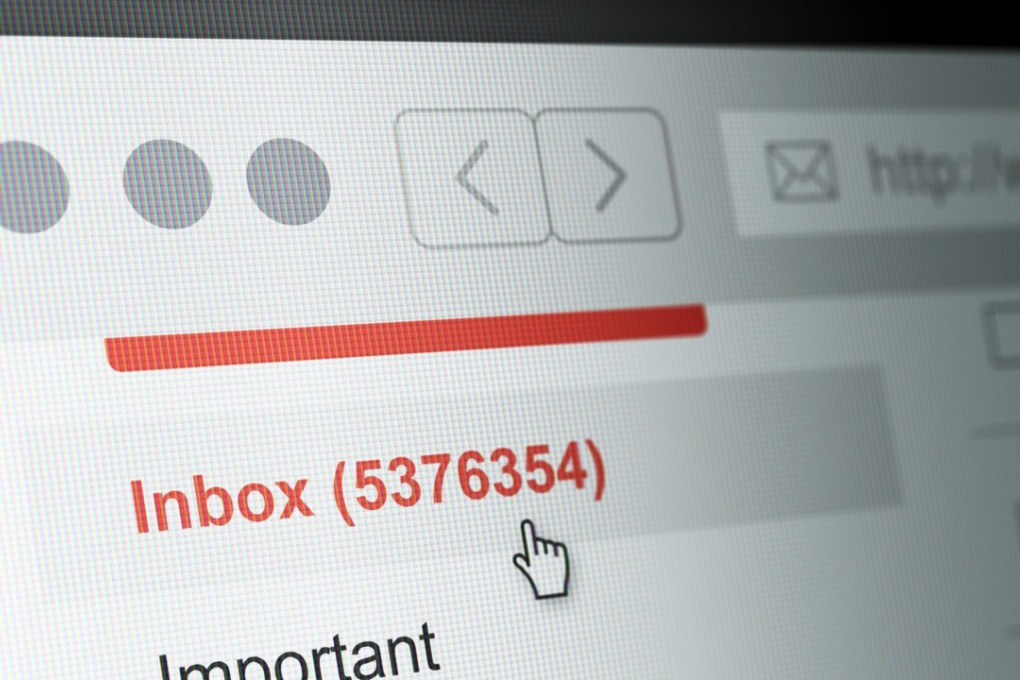Taking a regular email holiday can make you smarter
Why would staying disconnected yield higher-quality output? Neuroscience offers us some clues. It’s not so much about the content of the information we receive but the way it’s delivered and processed by our brains

According to a study by Adobe earlier this year, we spend an average of 3.3 hours checking our work emails each day. That’s 16.5 hours each week, more than 800 hours a year, and more than 37,000 waking hours over a career. That constant, ubiquitous excess of emails has become so ingrained in our professional life that it’s hard to imagine any alternative. Even the most powerful industry captain seems powerless in resisting the temptation of email and can only rationalise it as a sort of productive endeavour.
Eric Schmidt, executive chairman of Google, encouraged managers to “respond quickly,” singling out people “who can be relied upon to respond promptly to emails, and those who can’t.” “Strive to be one of the former,” he emphasised. Schmidt explained why it’s important to “clean out your inbox constantly,” because by sorting emails quickly – reading enough to realise you don’t need to read that email, or reading it and acting right away – what’s left in your inbox automatically becomes a to-do-list of only the complex issues.” But one must “clean out [those] action items every day. This is a good evening activity. Zero items is the goal.”
Lest readers have any doubts about Schmidt’s zealous approach, he offers us the ultimate argument: “Remember, you’re a router.”

I don’t know if all Googlers would agree that they are mere routers humming inside Googleplex. But I would find it disturbing if cancer surgeons, opera singers, novel authors, architects, chefs, athletes, educators, or comedians saw their primary occupational task as moving bits and bytes around rather than creating something new or providing us with something beyond digital sound bites.
But the tyranny of email requests is a relatively recent phenomenon. Those who remember the early days of the consumer internet probably recall the cringe-inducing dial-up modem sound. The year was 1995, and the cost of internet access was still calculated on a by-the-minute basis, like a long-distance phone call. I would log on and off dozens of times a day in anticipation of surprise greetings from a distant friend or a remote relative. Mom dubbed me “the lab rat,” as if I were some poor animal with an electrode hooked to the area of my brain associated with cravings, waiting to receive stimulation. In a laboratory, such mice were shown to forgo food and water as they incessantly pushed a lever that administered shocks of pleasure to them until they died of exhaustion. Though I never once missed dinner, AOL’s “You’ve Got Mail” announcement was enough to perk me up with adrenaline-fuelled excitement.
Like all other things, email communication is subject to the law of diminishing returns. Today’s email avalanche and the pressure to reply instantly only elevates work-related stress, with its chronic effects manifesting in a range of physical conditions, from heart disease to sleep problems, from headaches to memory impairment. But health concerns aside, does the constant streaming of work emails help boost productivity? Is Google a top firm because of Schmidt’s approach or despite it? Harvard Business School professor Leslie Perlow decided to run an experiment.
